Why Should We Save Water?
An Indispensable Resource
Well, we’ve had our fair share of rain in the north east of England recently! As I’m writing this, the rain is battering my windows and it’s been raining for weeks now. I have watched the fields and roads flood, these last few weeks and it got me thinking about this precious commodity – water. It seems that there is an abudance in the UK (especially at the moment!) so you may ask, “Why should we save water?” Well there are a number of reasons which I will outline here;
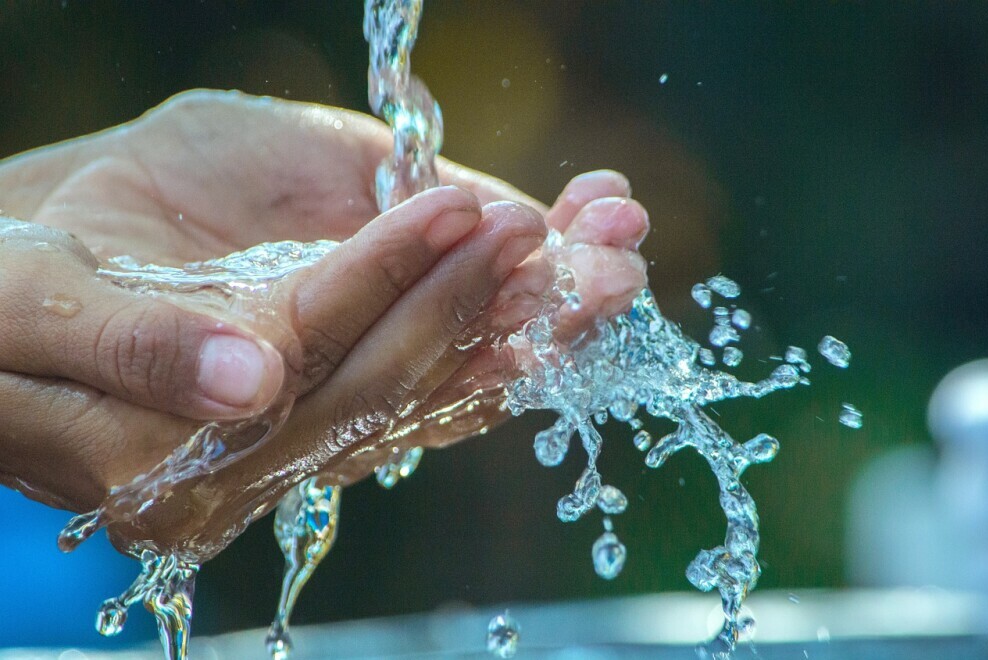
- Environmental Conservation:
- Saving water helps maintain the natural balance of ecosystems, ensuring adequate water availability for plants, animals, and aquatic life.
- Conserving water habitats supports diverse species, contributing to the overall health and resilience of ecosystems.
- Reducing Climate Change Impact:
- Water treatment and distribution require energy. By using water more efficiently, we reduce the energy needed, subsequently lowering carbon emissions and combating climate change.
- Climate change exacerbates water scarcity issues globally. Efficient water use helps mitigate the impact of changing climate patterns.
- Sustainable Agriculture:
- Agriculture is a significant water consumer. Saving water through efficient irrigation practices ensures that agricultural activities remain sustainable and can adapt to changing water availability.
- Conserving water resources is integral to ensuring a stable and secure food supply for communities around the world.
- Economic Benefits:
- Water conservation lowers water bills for individuals and businesses. It also reduces the need for expensive infrastructure projects related to water treatment and distribution.
- Efficient water use contributes to the resilience of economies by minimizing the impact of water shortages on various sectors, from agriculture to manufacturing.
Now that we have established there is a definite need to reduce the amount of water that is wasted, what changes can we implement in order to do this?
Affiliate Disclosure: This post contains affiliate links. As an Amazon associate, I earn from qualifying purchases. This means I may earn a commission should you choose to make a purchase using my link. But don’t worry, you won’t pay any more buying through my links and I have sourced and highlighted products that I believe you may find useful in this post.
Water-Saving Tips for the Home
1. Fix Leaks Promptly:
- Regularly check for and repair any leaks in taps, toilets, and pipes.
- A dripping tap can waste a significant amount of water over time, so addressing leaks promptly is crucial.

2. Install Water-Efficient Fixtures:
- Upgrade taps and showerheads to low-flow or aerated models to reduce water consumption without sacrificing water pressure.
- Consider installing a dual-flush toilet to control the amount of water used for different types of flushes.
3. Shorten Shower Time:
- Aim for shorter showers, and consider using a shower timer as a friendly reminder.
- Installing a low-flow showerhead can also significantly reduce water usage while maintaining an enjoyable shower experience.
4. Collect and Reuse Water:
- Place a bucket in the shower to collect excess water while waiting for it to warm up. Use this water for watering plants or flushing the toilet.
- Consider investing in a rain barrel to collect rainwater for outdoor use, such as watering the garden.
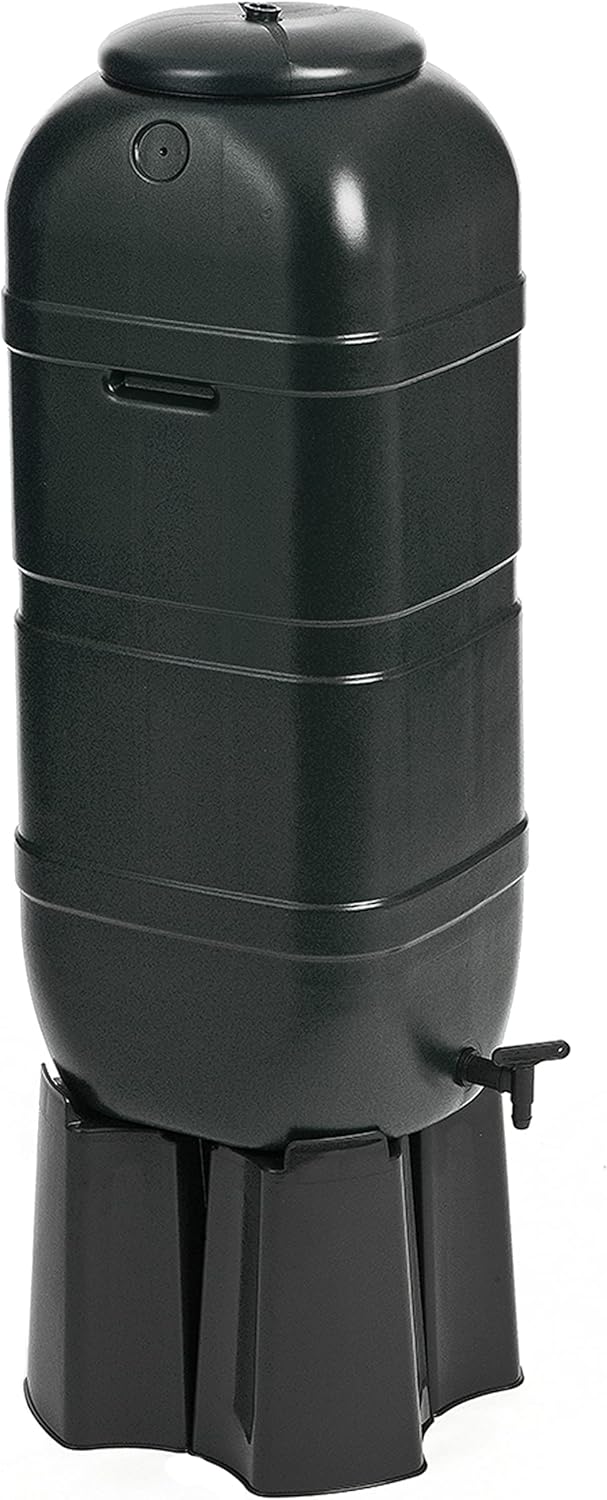
5. Optimize Dishwashing Habits:
- Wait until you have a full load before running the dishwasher to maximize water efficiency.
- When washing dishes by hand, fill the sink with soapy water rather than letting the tap run continuously.
6. Efficient Laundry Practices:
- Wait until you have a full load before running the washing machine to conserve water.
- Consider upgrading to a high-efficiency washing machine, which uses less water per cycle.
7. Turn Off the Tap:
- Turn off the tap while brushing your teeth or lathering your hands with soap to prevent unnecessary water waste.
- When washing dishes, fill the sink with water rather than letting the tap run continuously.
8. Check Your Toilet for Leaks:
- Perform a simple dye test to check for toilet leaks. Add a few drops of food coloring to the tank, and if color appears in the bowl without flushing, you have a leak that needs fixing.
9. Water Plants Wisely:
- Water your plants early in the morning or late in the evening to reduce evaporation.
- Use a soaker hose or drip irrigation system to deliver water directly to the base of plants, minimizing waste.
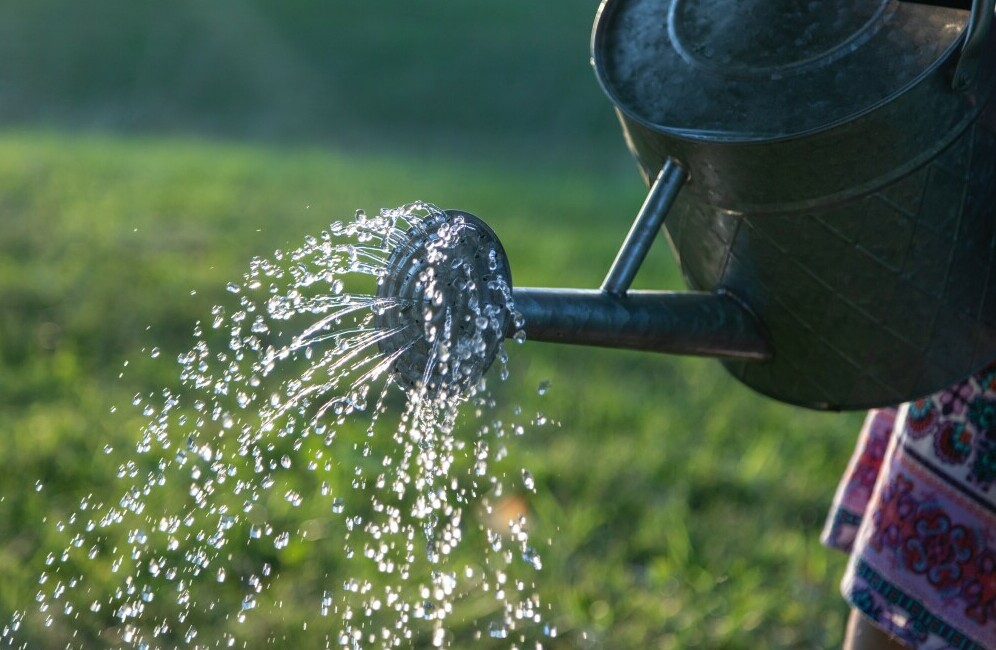
10. Mulch Your Garden:
- Apply a layer of mulch around plants to retain moisture in the soil, reducing the need for frequent watering.
- Mulching also helps control weeds, which compete for water with your plants.
11. Upgrade Appliances:
- Consider replacing old, water-intensive appliances with energy-efficient and water-saving models.
- Look for appliances with the Water Sense label in the US, indicating that they meet water efficiency and performance criteria. (By 2025 similar labels will be required in the UK)
12. Educate and Involve Family Members:
- Raise awareness about the importance of water conservation within your household.
- Involve family members in adopting water-saving habits, turning it into a collective effort.
Let’s Make Every Drop Count!
Saving water at home isn’t just a good idea; it’s a way for each of us to make a difference for our planet. The easy tips we’ve explored, from fixing leaks to using water-smart appliances, aren’t just for the environment; they’re for our wallets too!
By doing simple things like turning off the tap when we brush our teeth or fixing that drip, we’re part of the solution for reducing the amount of water we waste. We’re helping ecosystems thrive, tackling climate change, and making sure there’s enough water for our crops and food. It’s a mission we can all be a part of!
And it’s not just about us; it’s about the future. As we teach our families and friends these easy tricks, we’re creating a world where everyone understands the importance of saving water. So, let’s keep it simple, keep it smart, and make every drop count. Together, in our own homes, we’re making a big splash for a sustainable and water-wise future!
I would love to hear your thoughts on this topic. Do you already practise some of these water saving methods? Or are you going to try some of them at home? Let me know in the comments below! ????
Elaine



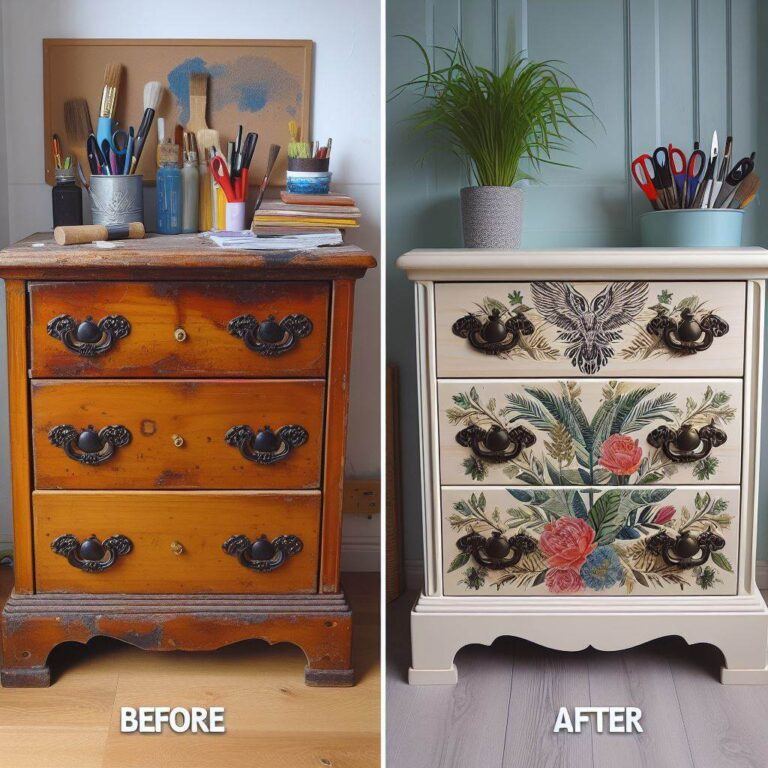

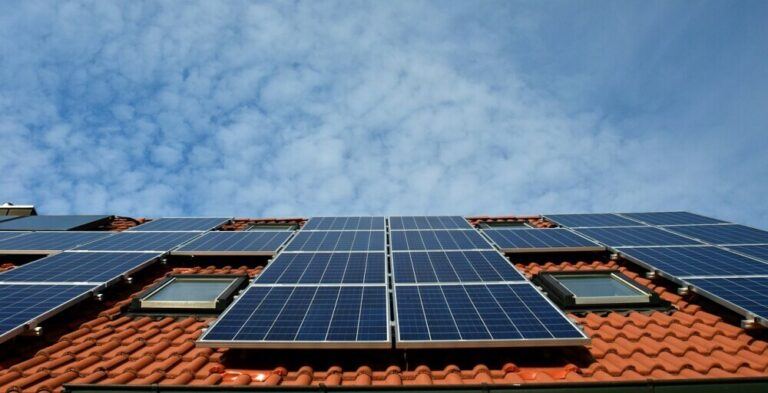


Wow ! This is a super post ! So important and so much good tips into making a difference when it comes to saving water ! We live at the country side and have a large greenhouse. Previously we watered from our own well , but lately we’ve started to save rain water pumping it to a big tank by the greenhouse. So much better in every way. Thanks again for a great post !
Thanks for your comments. It’s great to hear that you are saving rain-water to water everything in your greenhouse! I love the idea of having a well too. It sounds like you have your water supply sorted!
Elaine
Hey Elaine,
Thanks for this great article. Very relevant and important for us all to have such reminders. I’m southern UK, we’ve had our fair share of rain most recently, but I have family ‘up north’, who like you are contemplating the purchase of a boat to get around :o/
And despite all the rain we’ve had your article has laid out very many valid points for conserving this valuable resource.
I am a great advocate for saving water and I have 8 ibc’s (1,000 litres a piece) filled from rainwater I collected through the ‘summer’ that I use for plants but this year I haven’t needed so much as it’s been so wet. I’d like to find a way to filter the rainwater to make it drinking water. With your knowledge of recycling, sustainable living, etc, don’t suppose you could recommend any filtration systems that might help me to achieve this?
Really appreciate your article and I have bookmarked your site to return for more sustainable living ideas.
All the very best
Cherie :o)
Hi Cherie,
Thanks for your comments. We have indeed had a fair amount of rain in the UK this year! Your rainwater collection is very impressive! All of the information I have read regarding rainwater harvesting has suggested that it wouldn’t be economical to treat rainwater in order to make it drinkable.
This video from Graf UK Ltd gives some information on safe uses for rainwater around your home. I hope this helps. This video